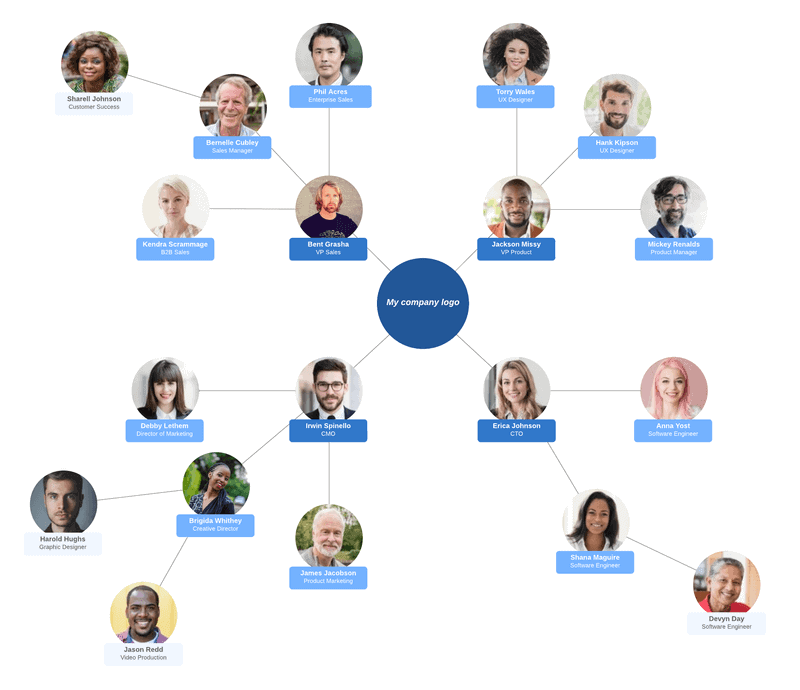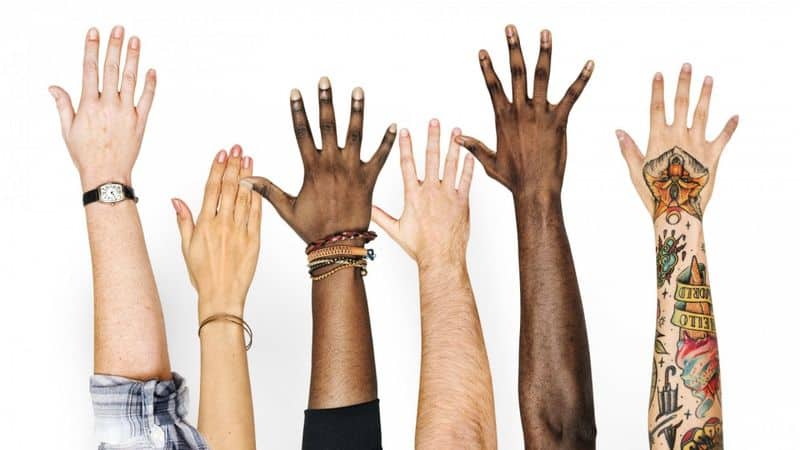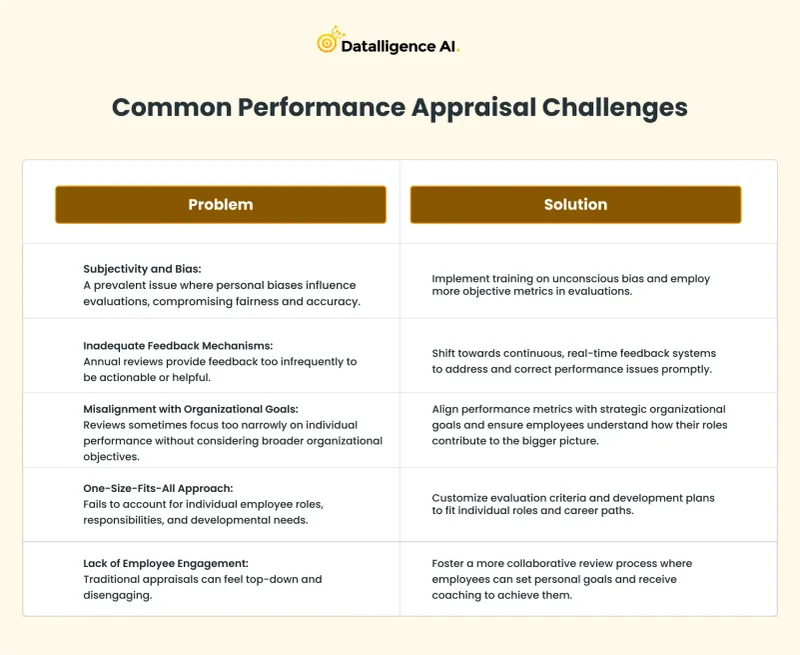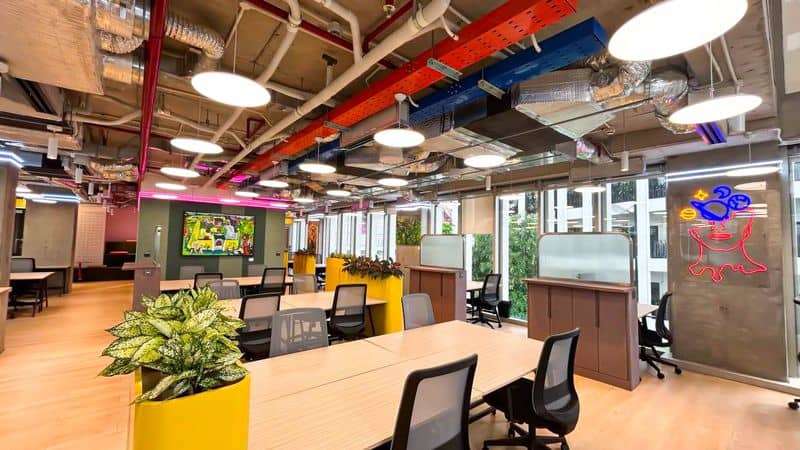In an era where technology and forward-thinking leadership are central, millennials are reshaping the traditional office landscape. Gone are the days of rigid hierarchies and outdated practices that hinder creativity and productivity. This new generation is ushering in a wave of change, prioritizing flexibility, transparency, and inclusivity.
They’re challenging norms that have persisted for decades, opting for methods that promote well-being and efficiency. By addressing these obsolete office practices, millennials are not just improving work environments, but also enhancing job satisfaction and overall performance. Here’s a look at 11 office practices that are being left behind, thanks to millennial influence.
1. Rigid 9-to-5 Work Hours

The traditional 9-to-5 workday is becoming a relic. Millennials value flexibility in their schedules, understanding that productivity isn’t confined to a set timeframe. This shift allows employees to work when they’re most efficient. It also promotes a better work-life balance, which is essential for mental health.
Companies embracing flexible hours often see increased job satisfaction and loyalty. By focusing on output rather than clocking in hours, businesses can foster a more motivated workforce. This approach also caters to parents and those with varying personal responsibilities, aligning work with life seamlessly.
2. Formal Dress Codes

Formal attire is fading as millennials prefer comfort and personal expression. Casual dress codes are becoming the norm, reflecting a more relaxed and inclusive work culture. This change helps break down barriers, making the workplace more approachable and less intimidating.
Comfortable clothing can enhance creativity and confidence, leading to improved performance. The focus is now on what you bring to the table, not what you wear. This evolution in dress code practices allows individuals to express their unique identities, fostering a sense of belonging and acceptance.
3. Unnecessary Meetings

Millennials are advocating for fewer, more effective meetings. The rise of digital communication tools means discussions can happen asynchronously, saving time and resources. This approach reduces the drain on productivity that unnecessary meetings often cause.
By setting clear agendas and objectives, meetings become more targeted and effective. Eliminating redundant gatherings leaves more room for meaningful collaboration and innovation. Millennials appreciate time spent wisely and push for changes that enhance efficiency and engagement in the workplace.
4. Hierarchical Management Structures

The era of top-down management is dwindling. Millennials advocate for flat organizational structures, promoting equality and open communication. This shift encourages team collaboration and innovation, breaking away from outdated command chains.
A flatter hierarchy allows for faster decision-making and empowers employees at all levels. This inclusive approach fosters a sense of ownership and accountability. By dissolving strict hierarchies, millennials are creating work environments where everyone’s voice can be heard, cultivating creativity and growth.
5. Lack of Diversity and Inclusion

Millennials are driving the push for diversity and inclusion in workplaces. They value environments where multiple perspectives are celebrated and everyone’s voice is respected. This shift is more than just a trend; it reflects a fundamental change in how work cultures are built.
Diverse teams enhance creativity and problem-solving abilities. Millennials know that inclusivity leads to better decision-making and stronger business results. By championing diversity, they’re ensuring workplaces are equitable and representative of the world we live in.
6. Traditional Performance Reviews

Annual performance reviews are becoming obsolete. Millennials prefer continuous feedback and growth opportunities. They value regular check-ins that focus on development rather than yearly evaluations that often feel disconnected from daily work.
Continuous feedback fosters personal and professional growth. It aligns employee goals with company objectives and provides clarity on performance expectations. This approach encourages a proactive mindset and helps build stronger employer-employee relationships. Millennials are paving the way for more dynamic and supportive review systems.
7. Fixed Office Locations

The concept of a fixed office is shifting. Millennials are leading the way in remote work, valuing flexibility and autonomy. Virtual offices allow work from anywhere, breaking the confines of traditional office spaces.
Remote work offers numerous benefits, including reduced commute times and a better work-life balance. It provides the flexibility to create personalized work environments, enhancing productivity. As technology advances, virtual collaboration becomes seamless, making fixed offices less relevant in the modern work landscape.
8. Stigmatizing Mental Health Discussions

The stigma surrounding mental health is being dismantled by millennials. They advocate for open conversations and support systems within workplaces. Recognizing mental health as a crucial part of overall well-being is vital for a healthy work environment.
Supportive discussions reduce stress and anxiety, leading to happier, more productive teams. Millennials understand the importance of mental health days and encourage policies that support mental well-being. By normalizing these discussions, they’re fostering a more compassionate and understanding workplace culture.
9. Emphasis on Face Time Over Productivity

Millennials prioritize productivity over merely being present. The focus is shifting from hours spent at a desk to the quality of work produced. This change is reshaping workplaces to be more results-oriented.
Eliminating the emphasis on face time allows employees to work in ways that suit them best, enhancing efficiency. This progressive mindset not only boosts morale but also aligns with modern work trends. Millennials are advocating for trust in their abilities, leading to more autonomy and empowerment.
10. Paper-Based Processes

The transition to digital is championed by millennials, aiming to reduce paper waste and increase efficiency. Digital processes streamline operations and make data more accessible.
Going paperless also supports environmental sustainability, a core value for many millennials. It allows for faster communication and reduces clutter, leading to more organized and productive workspaces. By embracing technology, millennials are helping create eco-friendly and efficient work environments.
11. Office Politics

Millennials are steering workplaces away from divisive office politics. They value transparency and direct communication, reducing the gossip and competition that can undermine teams.
Creating a collaborative environment where everyone works towards common goals eliminates the need for political maneuvering. This shift nurtures trust and camaraderie within teams, leading to more harmonious and effective collaboration. Millennials are redefining success through cooperation and shared achievements, paving the way for healthier workplace dynamics.

Well, hello there!
My name is Jennifer. Besides being an orthodontist, I am a mother to 3 playful boys. In this motherhood journey, I can say I will never know everything. That’s why I always strive to read a lot, and that’s why I started writing about all the smithereens I came across so that you can have everything in one place! Enjoy and stay positive; you’ve got this!

